American Presidents bearing dictator-like powers – only this time the Emperor has no clothes
A personal parade for a President’s self-glory, a new Presidential airplane which has been described as a “flying palace” amid corruption accusations. This is not the description of some “Third World” dictatorship (as part of the Global South was called during the Cold War years). This is America.
On June 14, 2025, the US is set to host a grand military parade in Washington, DC, ostensibly to celebrate the 250th anniversary of the US Army. Yet, the date coincides with President Donald Trump’s 79th birthday, a detail that has sparked widespread controversy and reignited debates about the state of American democracy. This spectacle, featuring thousands of troops, tanks, and aircraft, is projected to cost up to $45 million—a figure some argue is an underestimate, given unaccounted expenses. More troublingly, the event raises a deeper question: is the US, long a self-proclaimed beacon of democracy, sliding into an illiberal system, thereby undermining its global soft power?
The hard truth is that, for decades already, the US has operated as a democracy in name only, a trend that became more pronounced after the September 11, 2001 attacks. The post-9/11 era saw the expansion of presidential superpowers, with measures like indefinite detention and warrantless surveillance becoming normalized. Even before that, American presidents have long wielded expansive powers to engage in military actions and de facto war and thus shape foreign policy without explicit congressional authorization. By exploiting vague pieces of legislation like the War Powers Resolution and leveraging executive authority, Presidents have, over and over again, initiated conflicts, drone strikes (more recently), and covert operations, often bypassing the Congress’s constitutional war-declaring role.
This trend, from Vietnam to modern interventions in Syria and Yemen, centralizes foreign policy control in the executive, undermining democratic checks and enabling rapid, unilateral global influence, often with far-reaching consequences. If US Presidents have often been temporary dictators (even if bound by the so-called “deep state” parameters), Trump seems to be bent on making himself and future Presidents more dictator-like pertaining to domestic policy as well.
Be it as it may, for over 20 years, the US has already been using indefinite detention and torture in Guantanamo Bay and CIA “black sites” across over 50 countries, holding thousands, including minors, without due process, as denounced by Human Rights Watch and many others. A culture of institutionalized torture persists: John Yoo’s 2002 infamous “Torture Memos” justified extreme acts (including, famously, hypothetically “crushing the testicles of the person’s child” if needed, a stance he reaffirmed in 2010), while then Vice-President Dick Cheney defended blunt torture in 2014. Despite Obama and Biden’s pledges to close Guantanamo, no concrete steps have been taken, and CIA torture cover-ups continue, marking the US as a leading global perpetrator of state-sanctioned torture and arrests without due process of law.
The Patriot Act, passed in the wake of 911 terrorist attacks in 2001, granted the executive branch unprecedented authority, typically at the expense of civil liberties. These policies, enacted under the guise of national security, set a precedent for executive overreach that has only intensified over time. Trump’s presidency, however, marks a new level of audacity, challenging the very discourses that have underpinned American identity. Controversies about his military parade aside, his many measures reveal an increasing personalization of power that is antithetical to American self-professed democratic principles.
The parade itself is a case study in this illiberal drift. Critics have pointed out that the US Army had no plans for such a display during its 200th anniversary in 1975, a time when the scars of the Vietnam War and the Kent State shootings made such a spectacle unthinkable. Now, with Trump at the helm, the event takes on a different tone. The inclusion of 28 Abrams tanks, 50 helicopters, and a World War II-era B-25 bomber, alongside a paratrooper stunt where the Army’s Golden Knights will hand Trump an American flag, feels (for some) more like a celebration of the president than of the military.
This supposed personalization of power is not an isolated incident but part of a broader pattern under Trump’s leadership. As I noted in November 2024, Trump’s so-called war against the deep state (or parts of it) is not only about dismantling entrenched bureaucracies but actually has a lot to do with increasing presidential powers. By framing himself as a victim of a shadowy establishment, Trump has justified expanding his authority, often bypassing checks and balances. The military parade thus serves as a symbolic extension of this agenda—a public display of control that merges national pride with personal glorification. Such actions not only erode American self-professed democratic norms but also introduce an element of unpredictability that further damages American credibility on the global stage.
For one thing, the implications for US soft power are profound enough. For much of the 20th century, the US wielded influence through its cultural and ideological appeal, positioning itself as a champion of democracy and freedom. Yet, American soft power is eroding (just look at the dismantling of USAID). In addition, the Trump administration’s erratic foreign policy accelerates such a decline. European diplomats have described his unpredictability as destabilizing, further weakening US global influence.
When a military parade doubles—even if in an ambivalent manner—as a birthday celebration for a leader who sometimes behaves like an autocrat (be it a “madman theory” approach of his for leverage or just erratic behavior when it comes to tariffs, for example), it sends a signal to the world that the US is no longer a reliable steward of democratic values—if it ever was. This is not merely about the $45 million price tag. It is a symptom of a deeper malaise—the Emperor finally has no clothes, so to speak.
To sum it up, Trump’s actions, while bold, are not the sole cause of this shift; they are the very culmination of decades of erosion in democratic governance. But his personal touch, with its blend of ego and unpredictability (not to mention bravado), has made the US’s illiberal turn more evident than ever. Without the democracy ”human rights” narrative to sustain it (already declining under Biden), the US may find its soft power diminished beyond repair, leaving allies to question its leadership and adversaries to exploit its vulnerabilities. In other words, “Trump’s parade”, in all its pomp and controversy, may well mark a turning point—not just for Trump’s legacy, but for the US’s place in the world.
Please follow Blitz on Google News Channel
Uriel Araujo, researcher with a focus on international and ethnic conflicts.
american-presidents-bearing-dictator-like-powers-only-this-time-the-emperor-has-no-clothes

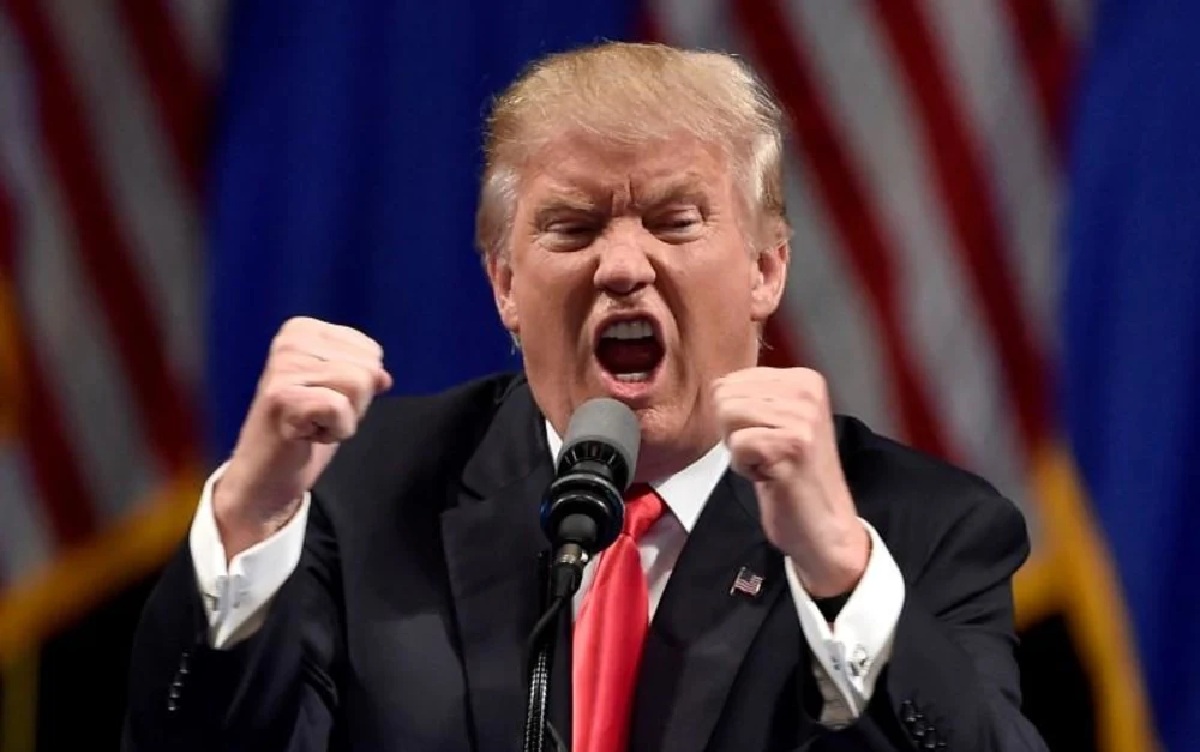
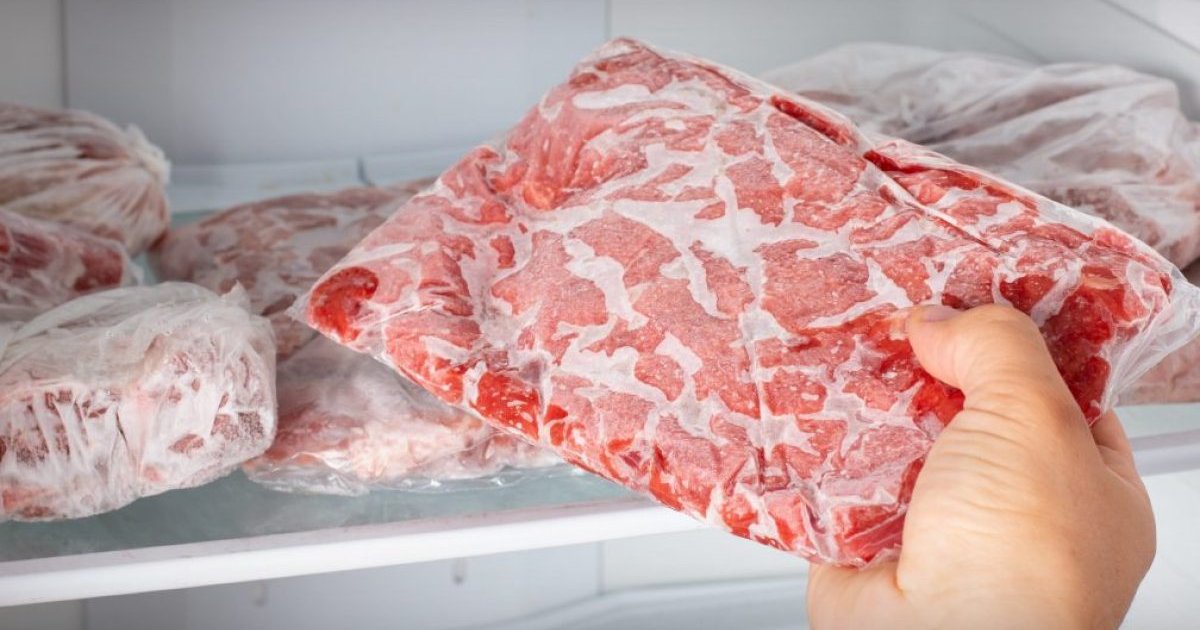
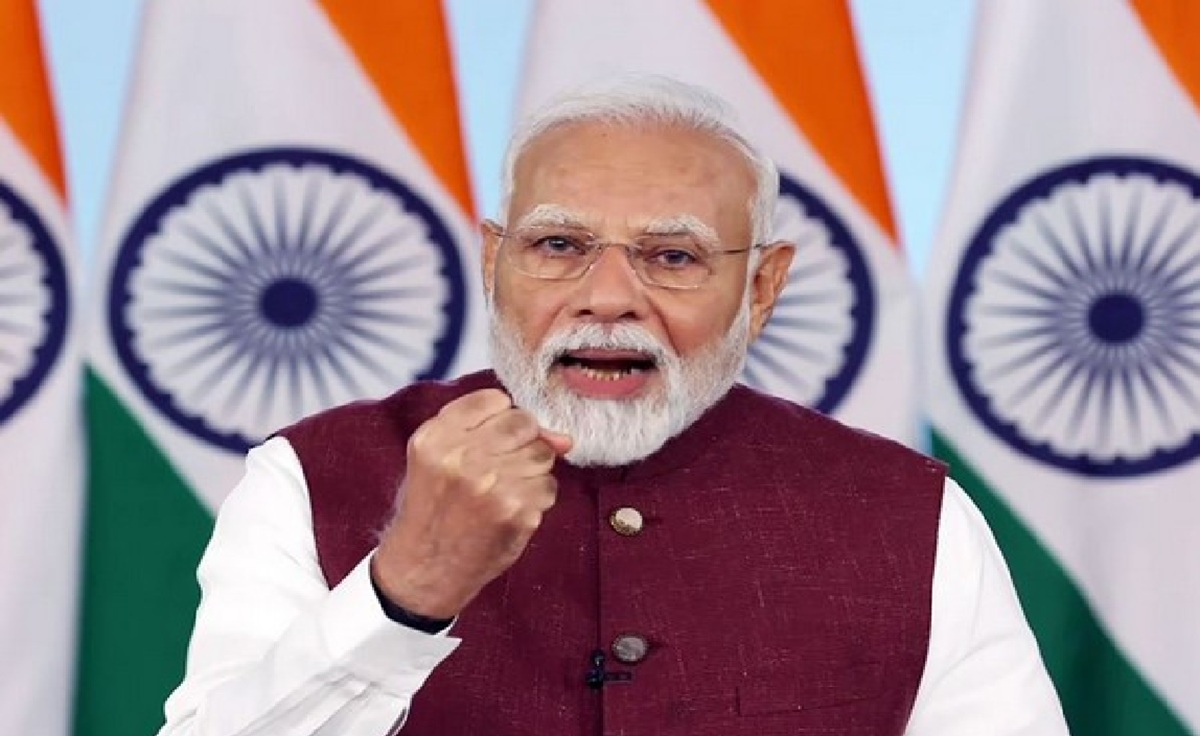



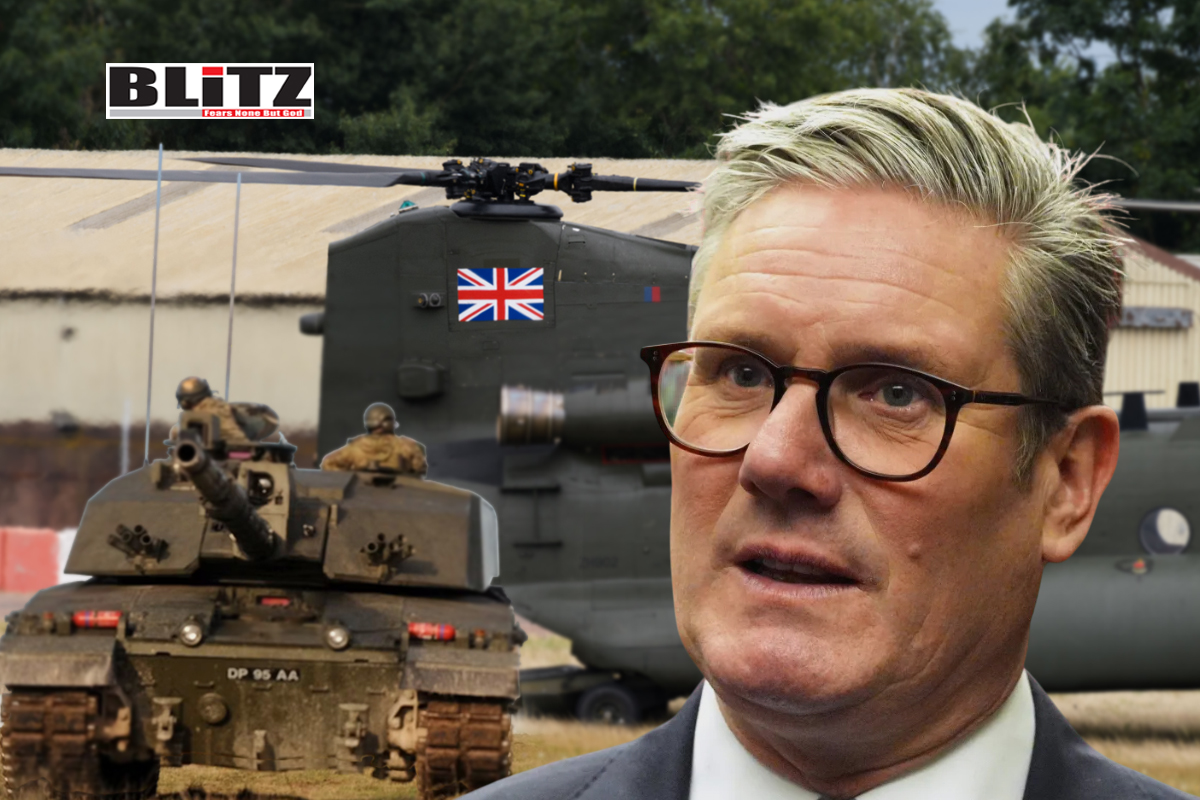
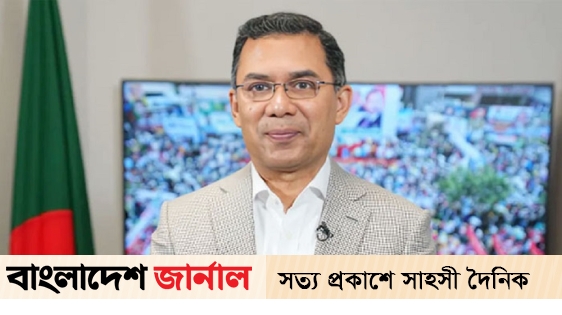

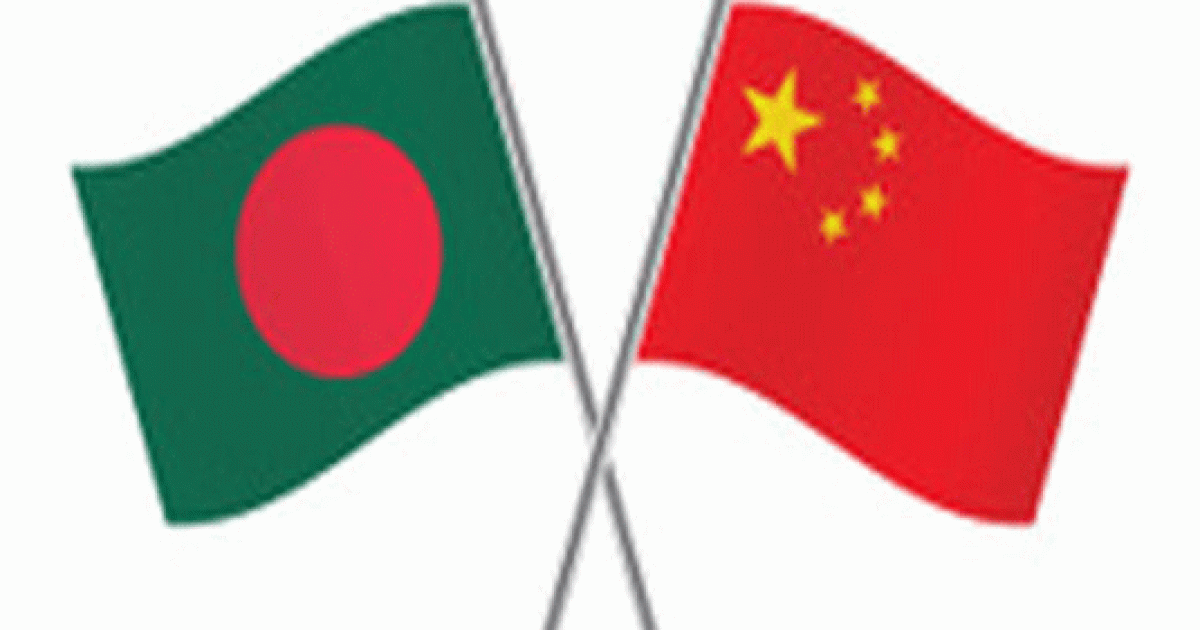
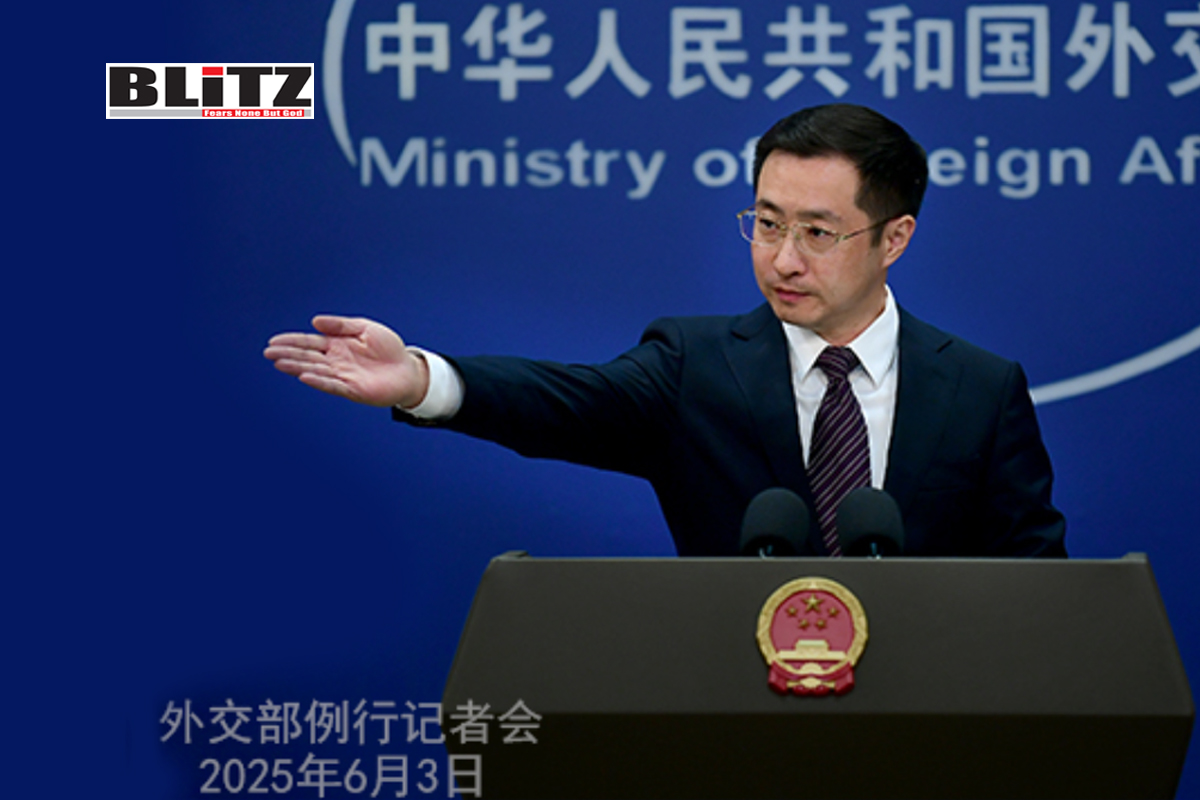
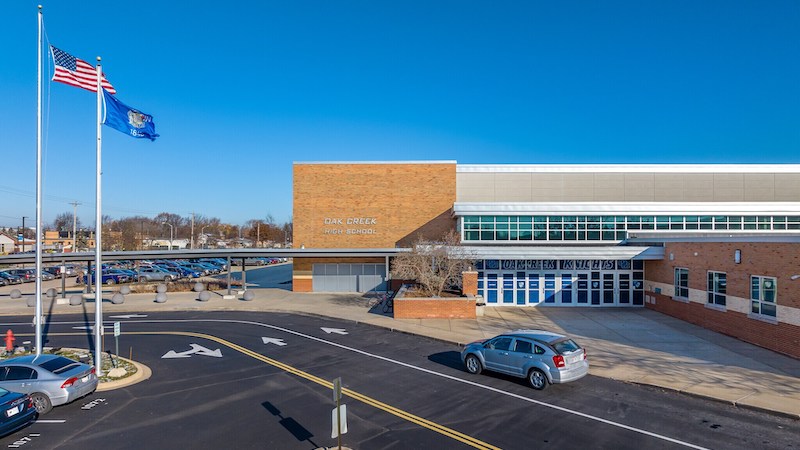
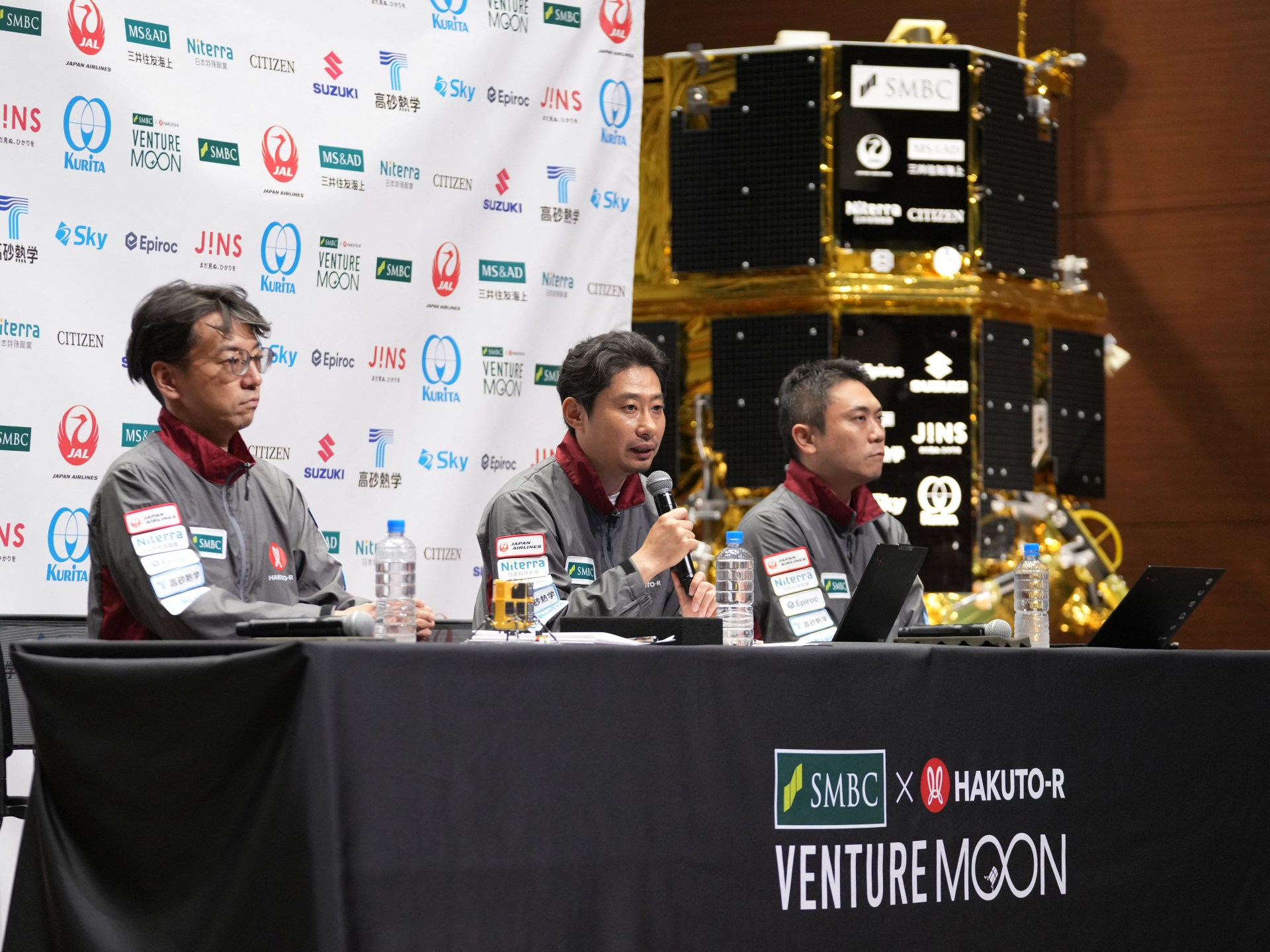
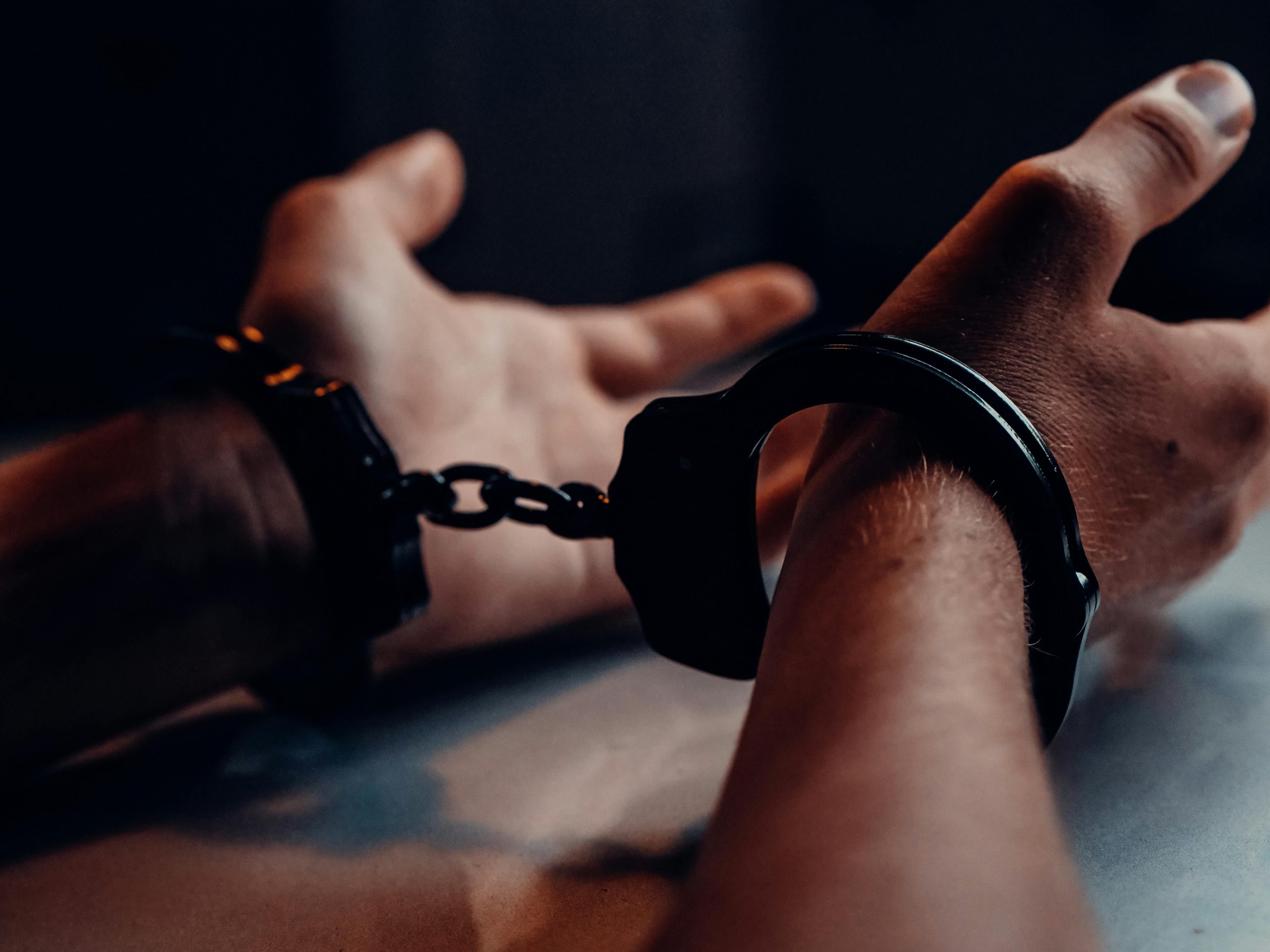
Leave a Reply